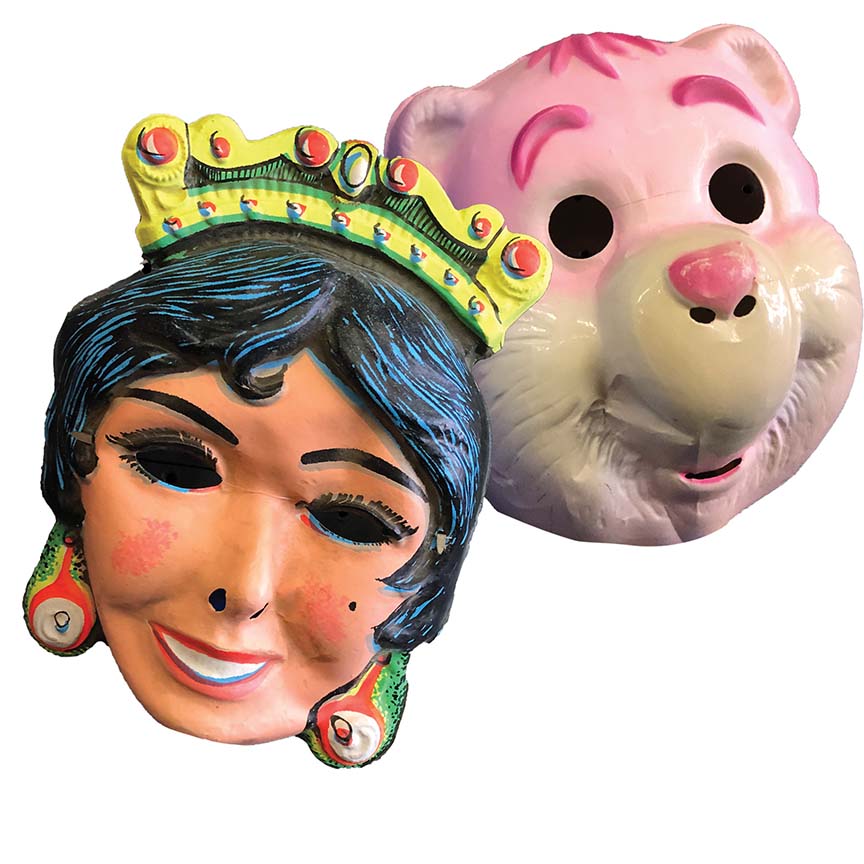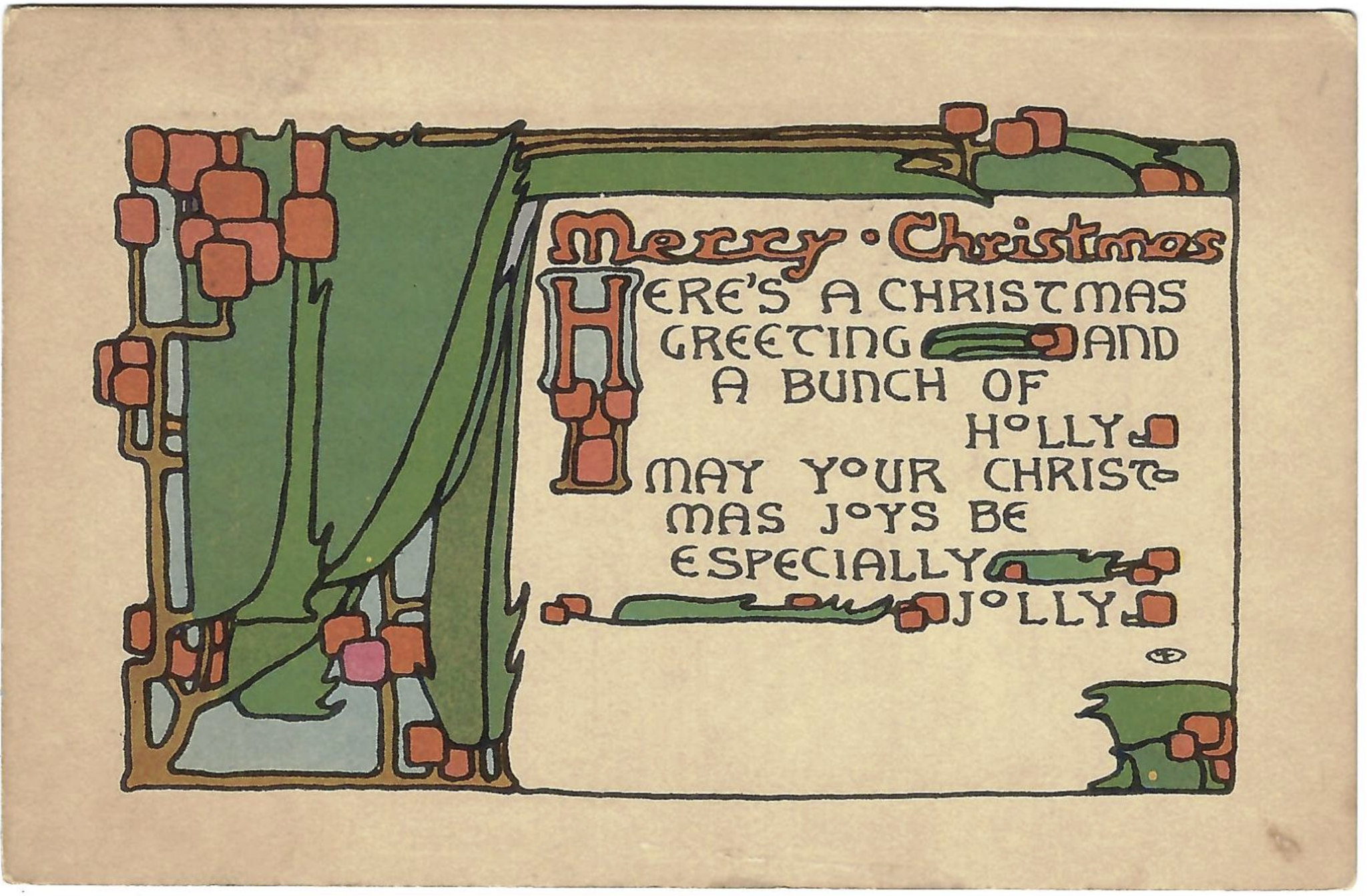
Dorri Partain
Contributor
What would you like to be for Halloween?
Whether it’s an animal, an occupation, or the latest superhero, store-bought costumes are the easy choice.
As trick-or-treating became the main Halloween event to keep kids from being mischievous,
two companies led the way, producing inexpensive costumes that were easy to wear.
Collegeville Costumes, of Collegeville, Penn., was already producing American flags as the Collegeville Flag Manufacturing Company.
Looking for a way to use the remaining red, white, and blue fabric scraps, they began creating costumes for Santa Claus and Uncle Sam. In 1927, they expanded the line, producing costumes for children.
The costume consisted of a sleeveless smock or coverall, screen printed with a design that matched a Vac-U-Form mask, which was held in place by an elastic band. Packaged in cardboard box with a cellophane window showing the mask, most costumes sold for $2.00 or less. Masks were often sold separately as well.
Ben Cooper, Inc. was founded in 1937 and eventually became the largest manufacturer of Halloween costumes. Founder Ben Cooper Sr. started as a costume designer for Harlem’s Cotton Club and the Ziegfeld Follies.
He purchased the assets of A.S. Fishbach, Inc., a company that already had the licensing rights to produce Walt Disney character costumes. Cooper continued to license popular characters, including the debut of Spiderman in 1963 and Batman in 1964, when the popular television program debuted.
Ben Cooper was the first costume company to obtain the licensing rights for Star Wars characters Darth Vader, C-3PO, Chewbacca, and a Strormtrooper in 1977.
Despite their popularity, all the costume companies took a financial blow following the Tylenol poisoning scare in September 1982. Parents were afraid of tainted candy and kept their children from trick-or-treating that year.
Additionally, the ill-fitting masks finally came under scrutiny for reducing visibility, and other more realistic styles became more popular.
Collegeville Costumes shuttered in 1996, following the shutdown of Ben Cooper in 1992.

















